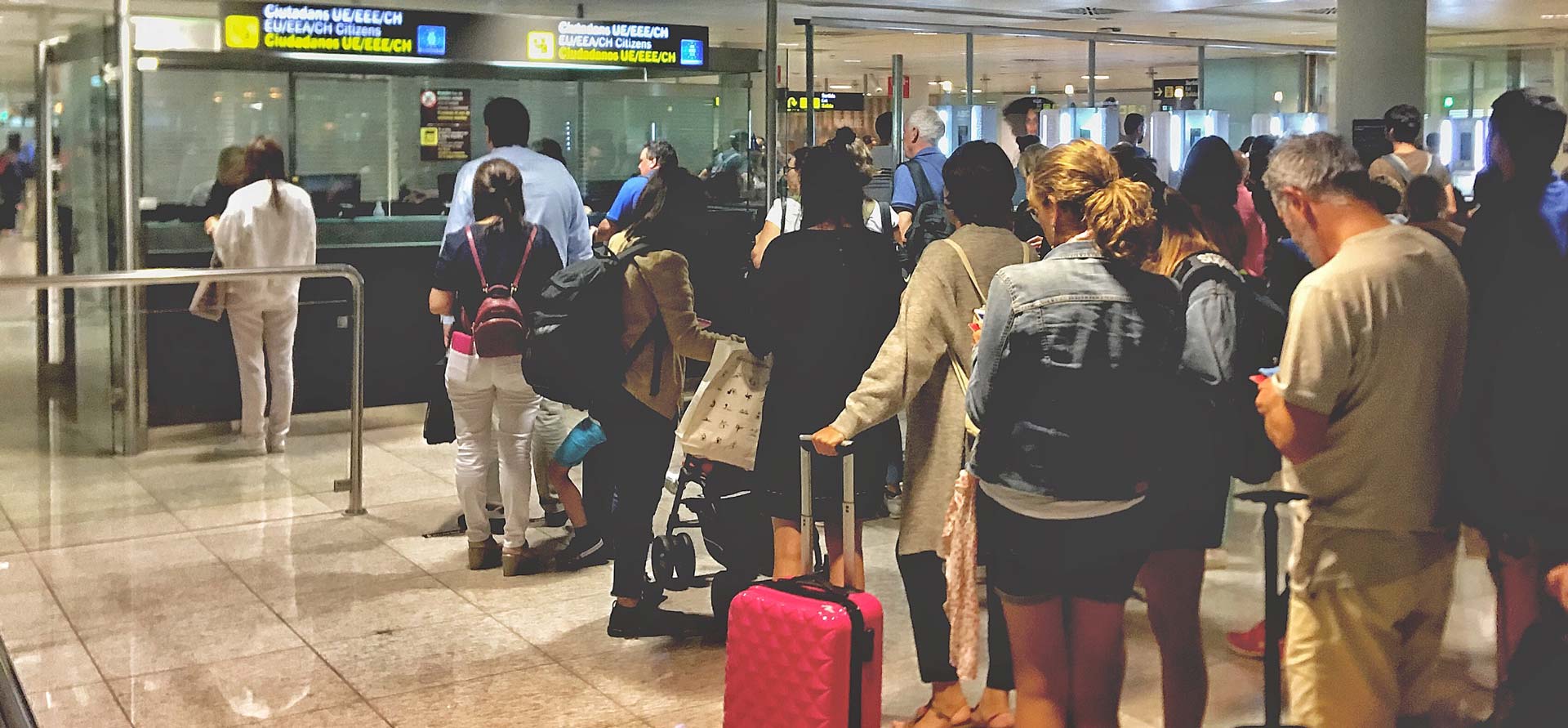May 12, 2021
| Dr. Robert Strang Chief Medical Officer of Health P.O. Box 488 Halifax, NS B3J 2R8 covid19info@novascotia.ca |
Honourable Iain Rankin Premier of Nova Scotia 7th Floor, One Government Place 1700 Granville Street Halifax, NS B3J 1X5 Premier@novascotia.ca |
RE: Provincial Travel Restrictions
Dear Premier Rankin and Dr. Strang,
I am writing on behalf of the Canadian Civil Liberties Association (CCLA) regarding New Scotia’s current restrictions on who may enter the province. In our view, Nova Scotia’s current rules unreasonably restrict fundamental mobility rights invested in Canadian citizens and permanent residents by the Canadian Charter of Rights and Freedoms. This right is not subject to the Charter’s notwithstanding clause. The government may only impose restrictions on this right that are reasonable and that can be demonstrably justified. The current restrictions satisfy neither of these requirements and should be rescinded.
The province currently has a complex system in place that governs who may enter the province and what those entering must do on arrival. The most recent set of restrictions, which came into effect on May 10, 2021, seek to exclude all non-residents from entering the province with some enumerated exceptions where travel is considered “essential”. Significantly, among those who may enter are some individuals who are exempt from self-isolation requirements and must instead follow the province’s exempt traveller protocol. Almost all individuals entering the province are required to complete documentation (the Nova Scotia Safe Check-in form) and daily digital check-ins.
We understand that Nova Scotia has seen a concerning upswing in COVID-19 case numbers and is taking increasingly strict measures in the name of public health. However, restrictions on fundamental rights also have significant implications for individuals both in and outside the province. These implications must not be ignored or minimized. Throughout this pandemic we have heard from many Canadians negatively impacted by interprovincial travel restrictions. Although these individuals do not fit into the province’s (largely labour-based) definition of essential travellers, many have compelling reasons for wishing to enter the province, including to provide or receive much needed family or social support in what has been an extraordinarily challenging time for many.
The province has recognized that the risks of travellers importing the virus can be partially mitigated with testing and self-isolation requirements. In some cases, self-isolation is unnecessary according to the prevailing public health orders. Nevertheless, the province has decided that some Canadians are simply prohibited from entering Nova Scotia. The government has even decided that Canadians wishing to move to Nova Scotia and take up permanent residence there may not do so unless certain residential arrangements have already been made. The notion that a Canadian citizen or permanent resident requires government permission to relocate from one province to another is contrary to the Charter and our understanding of Canada as a federal nation. If testing and self-isolation are acceptable for some, why are they unacceptable – or insufficient – for others? If the government believes these restrictions are truly reasonable and justified, please share the evidence on which you rely and spell out the rationale for these unprecedented measures.
At the outset of the pandemic, when much was unknown, governments took a number of measures based on the best available evidence at the time. But COVID-19 is no longer a new or unknown virus and provincial governments, including Nova Scotia, have had over a year to consider how to best safeguard the health and safety of residents without imposing arbitrary and unreasonable restrictions on individual rights. The Charter requires that when governments restrict rights, they do so in a manner that is minimally intrusive. In the current circumstances, self-isolation can be effectively paired with testing requirements to mitigate risk. Completely excluding Canadians from the province is neither necessary nor proportionate; we believe it is unconstitutional. We strongly urge you to reverse these measures.
We await your prompt reply.
Sincerely,
Cara Faith Zwibel
Director, Fundamental Freedoms Program
You can also view a PDF version of the letter here.
About the Canadian Civil Liberties Association
The CCLA is an independent, non-profit organization with supporters from across the country. Founded in 1964, the CCLA is a national human rights organization committed to defending the rights, dignity, safety, and freedoms of all people in Canada.
For the Media
For further comments, please contact us at media@ccla.org.





